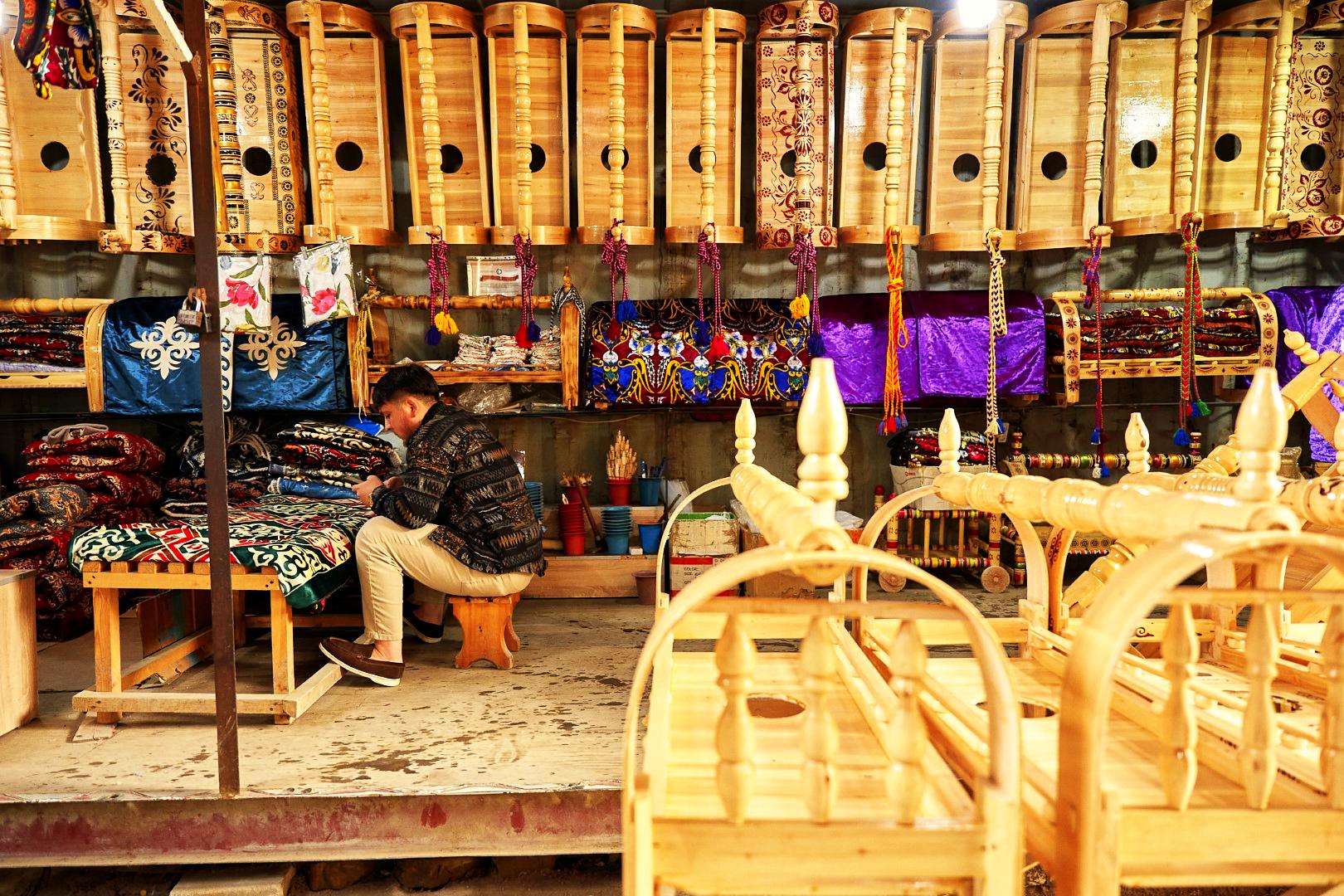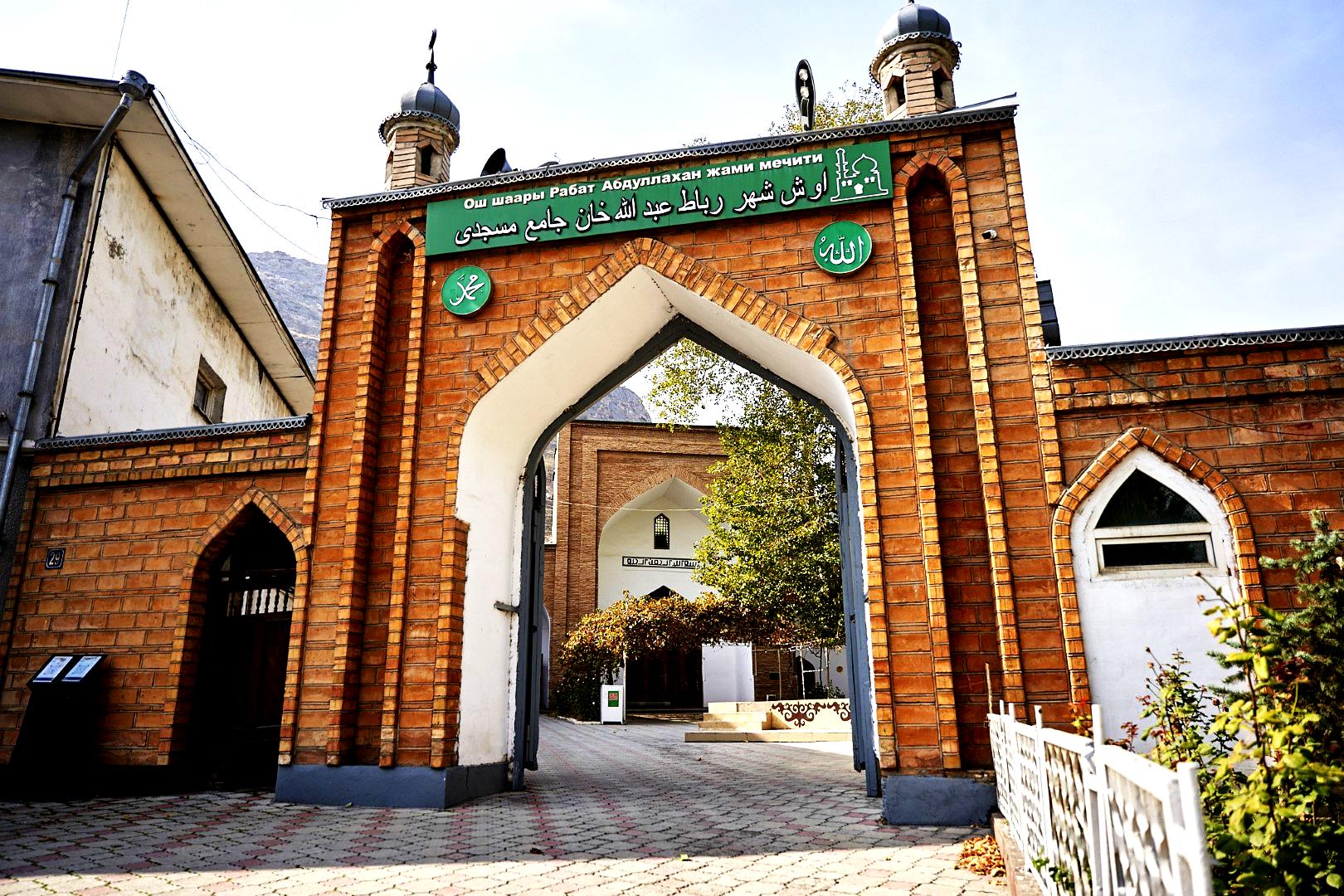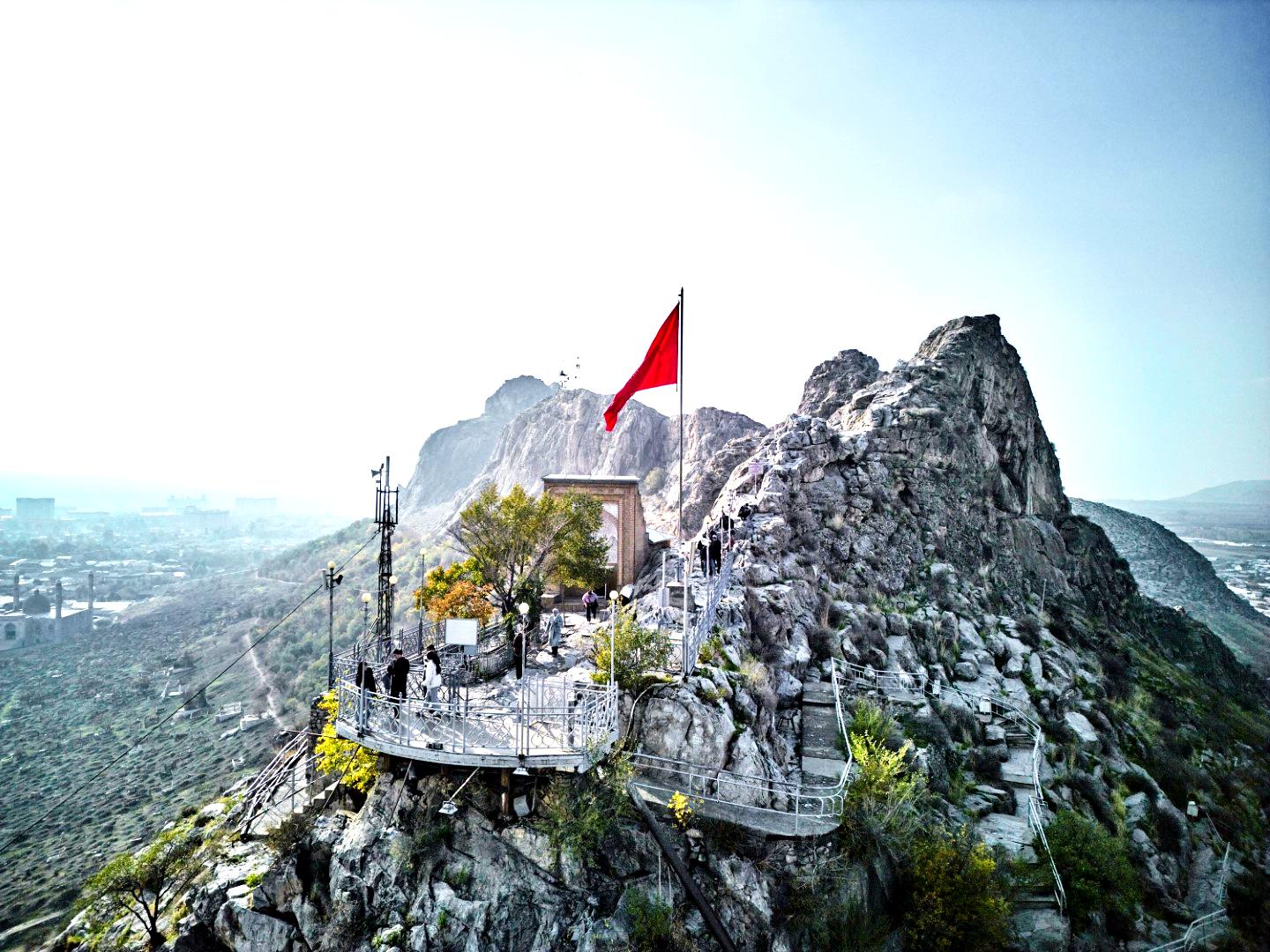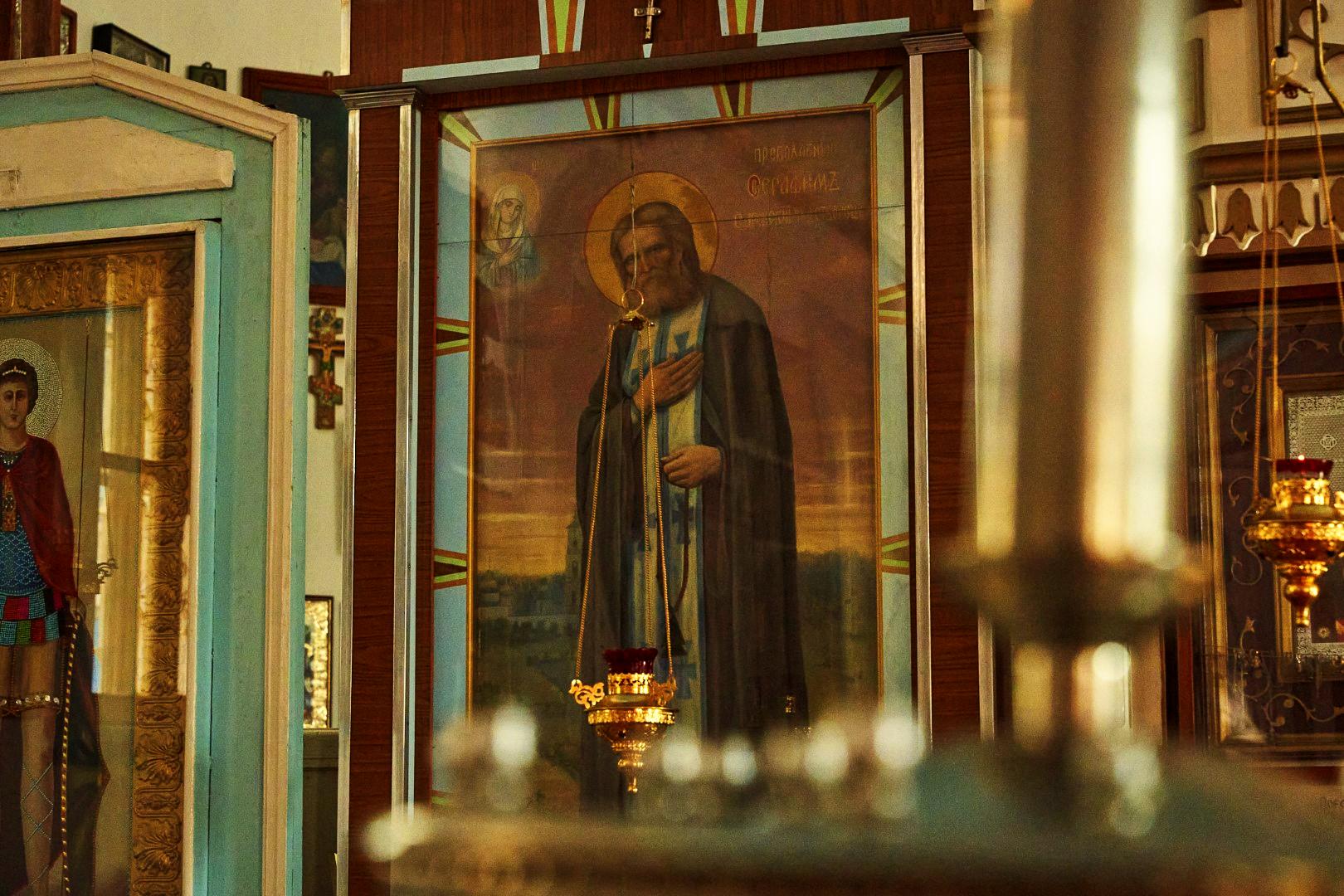Discover your Osh
with Open Osh!
Open Osh is more than just a guide — it’s a whole world of unique routes and places designed to show you the city from a fresh, unexpected perspective.
Take advantage of curated tours, get tips on fascinating locations, and customize your itinerary to match your interests and pace of life. Connect with the people and culture of Osh to feel the true soul and atmosphere of the city!
Tours
Locations
-
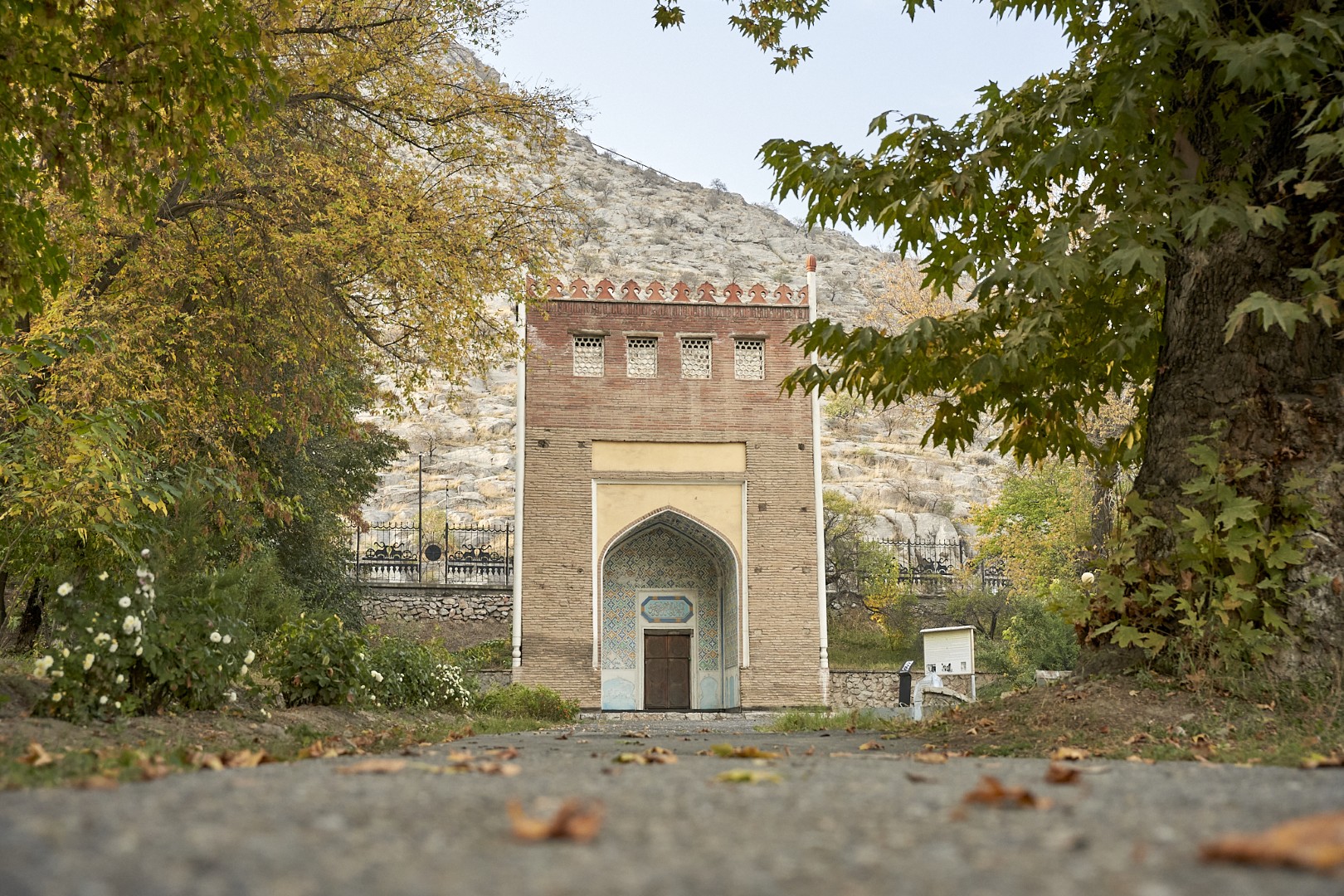
Asaf Ibn Burhia
Asaf ibn Burhia Mausoleum is located on the southeastern slope of Suleiman Mountain, and was built in the 18th century in the traditions of the Fergana architectural school. In historical chronicles it is mentioned as a mazar, or shrine.
-
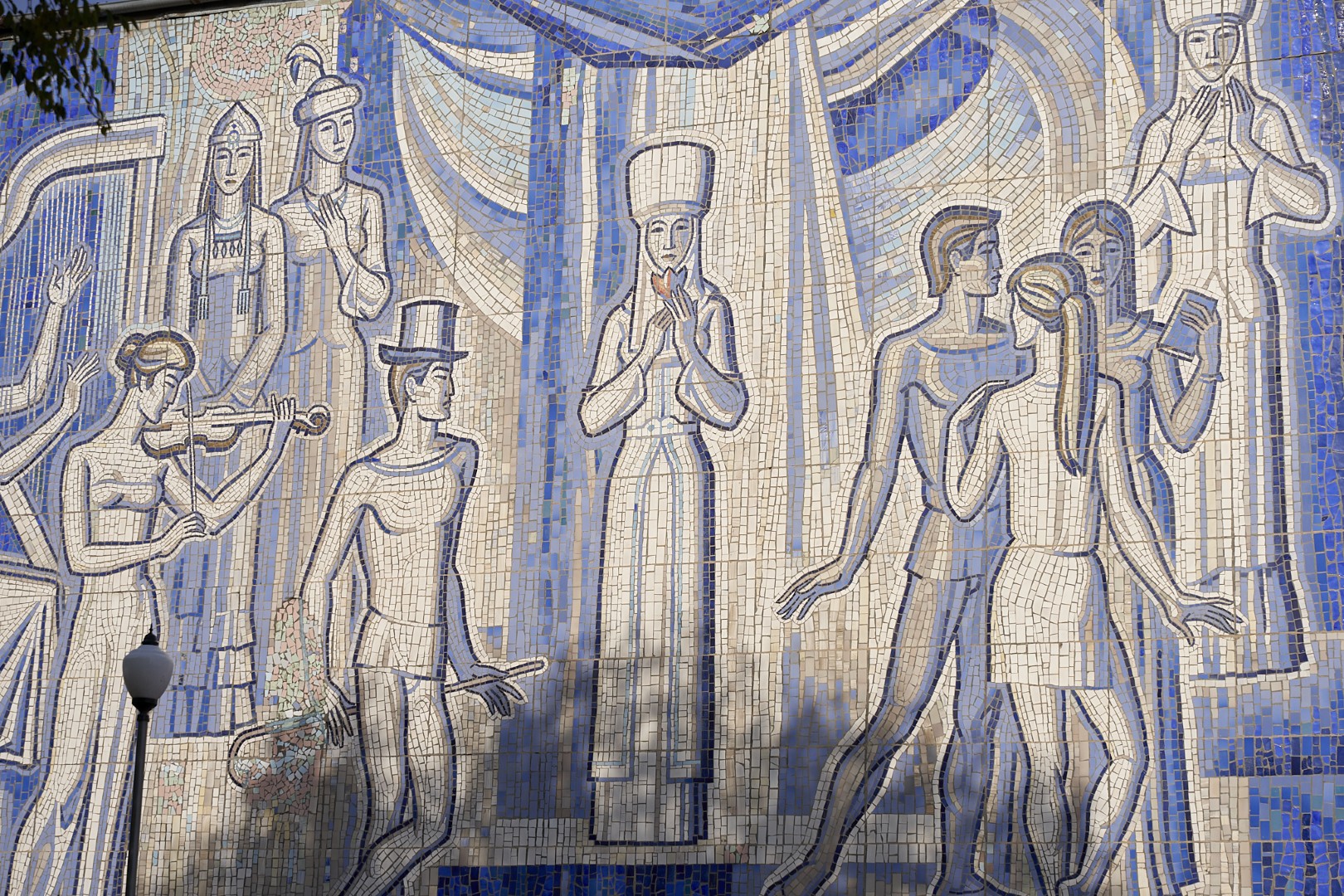
Monumental Art of Osh
Discover the monumental art of Osh through a unique tour of the city’s stunning mosaics. Immerse yourself in its rich history and Soviet cultural heritage, tracing the legacy of a city that has stood for over 3,000 years.
-
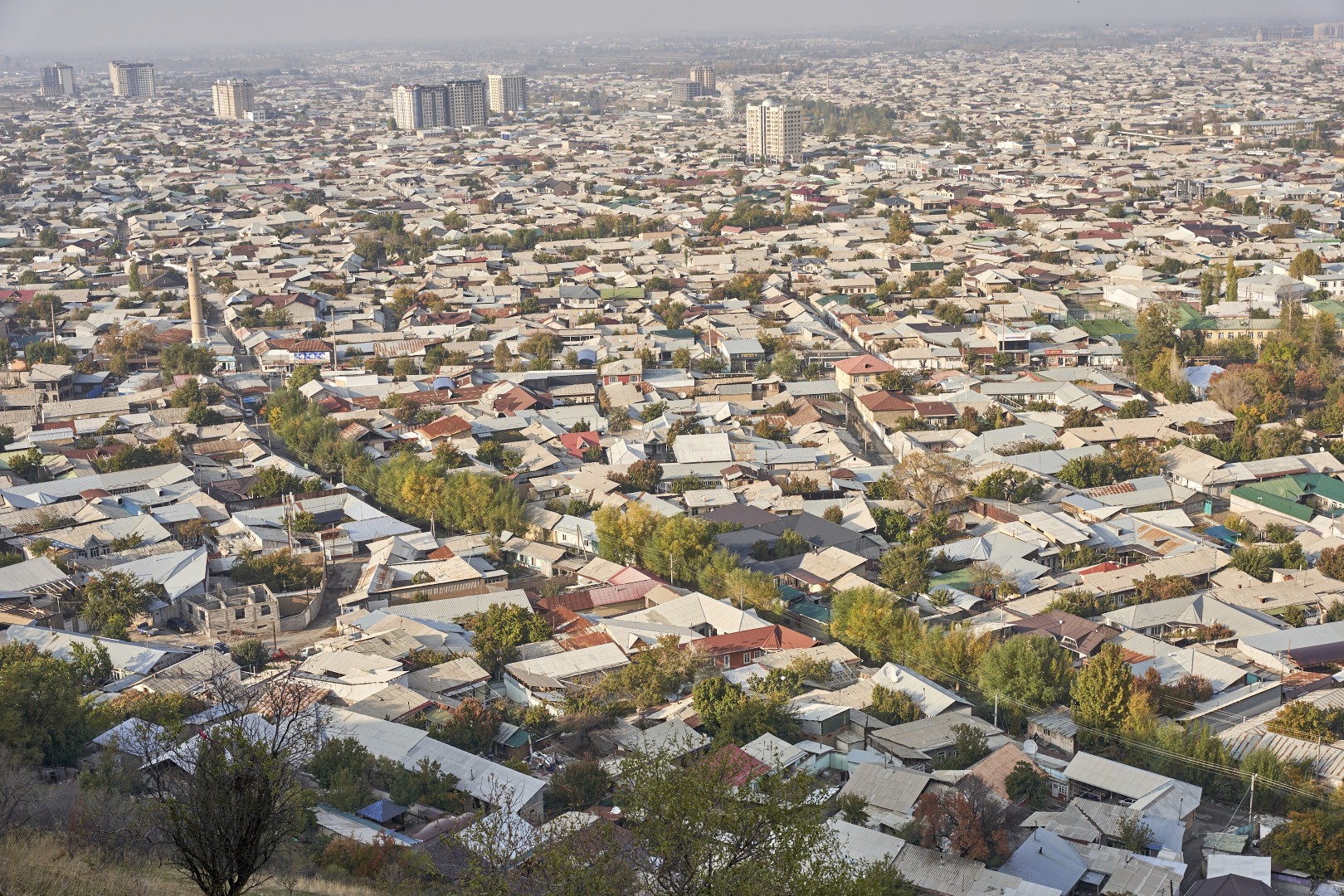
Soviet city near the Alai Mountains
Welcome to Soviet Osh! The current appearance of the city was largely formed during that period. The Second World War delayed the realization of the city’s development projects, planned in the late 1930s. Therefore, the complete general reconstruction of Osh began in 1949.
-
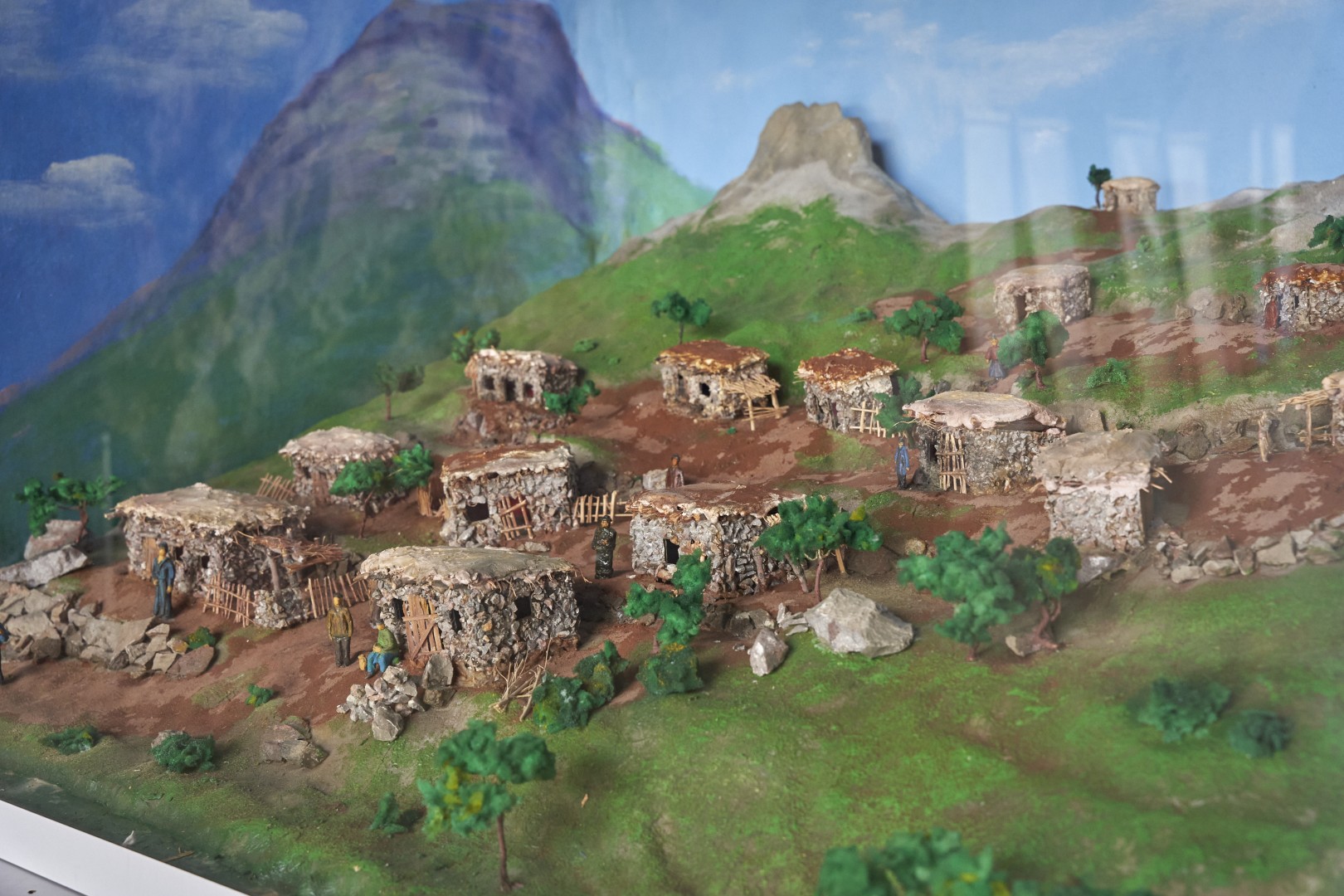
The beginning: Osh settlement
In 1967, Elena Druzhinina, the Head of the Pre-Soviet History Department of the Osh Regional Local History Museum, found fragments of ceramics identical in origin and decoration to those of the Chust culture on the southern slope of Suleiman Mountain. This archaeological find marks the beginning of the 3,000-year-old history…
-

Gate of Fire at Suleiman Mountain
Ancient Osh with its majestic Suleiman Mountain has a magic power, attracting adherents of various religions and beliefs, serving as a place of pilgrimage for dervishes and wandering believers of many faiths.
-

Osh Pilau
Pilau, or “ash” in Kyrgyz, is Osh’s signature dish! It’s probably no coincidence that the name of the city and of its most famous food sound so similar. In Osh, they cook a classic variant of pilau, which differs from those found in Tashkent or Samarkand. There are similarities with…
-
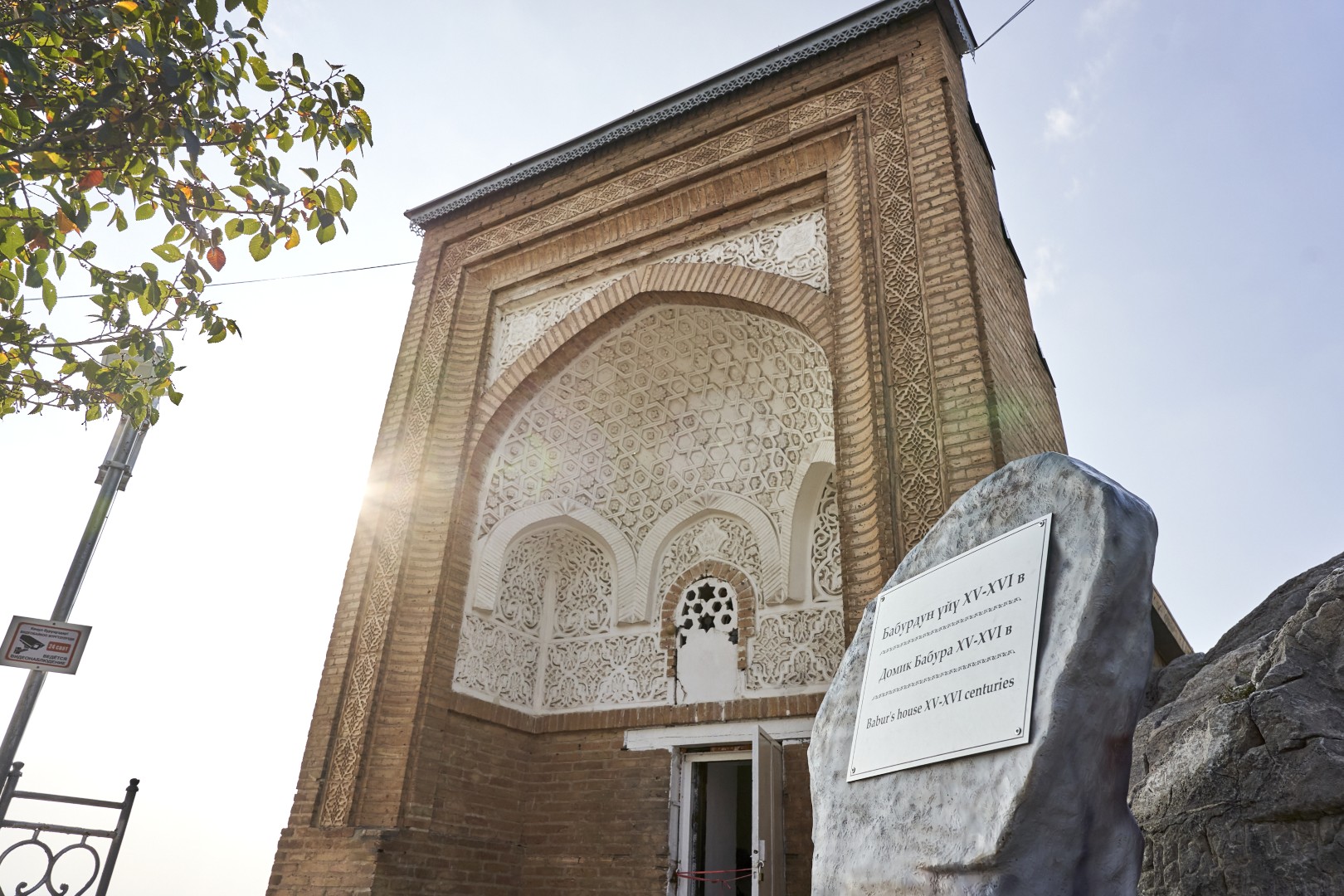
Hujra of Babur, the Founder of the Mughal Empire
The most famous historical monument on Suleiman Mountain is the hujra of Zahīr ud-Dīn Muhammad Babur, the founder of the Mughal Empire in the Hindustan Peninsula. In Islamic tradition, a hujra is a small cell or room in a madrasah where pilgrims prayed and rested.
-
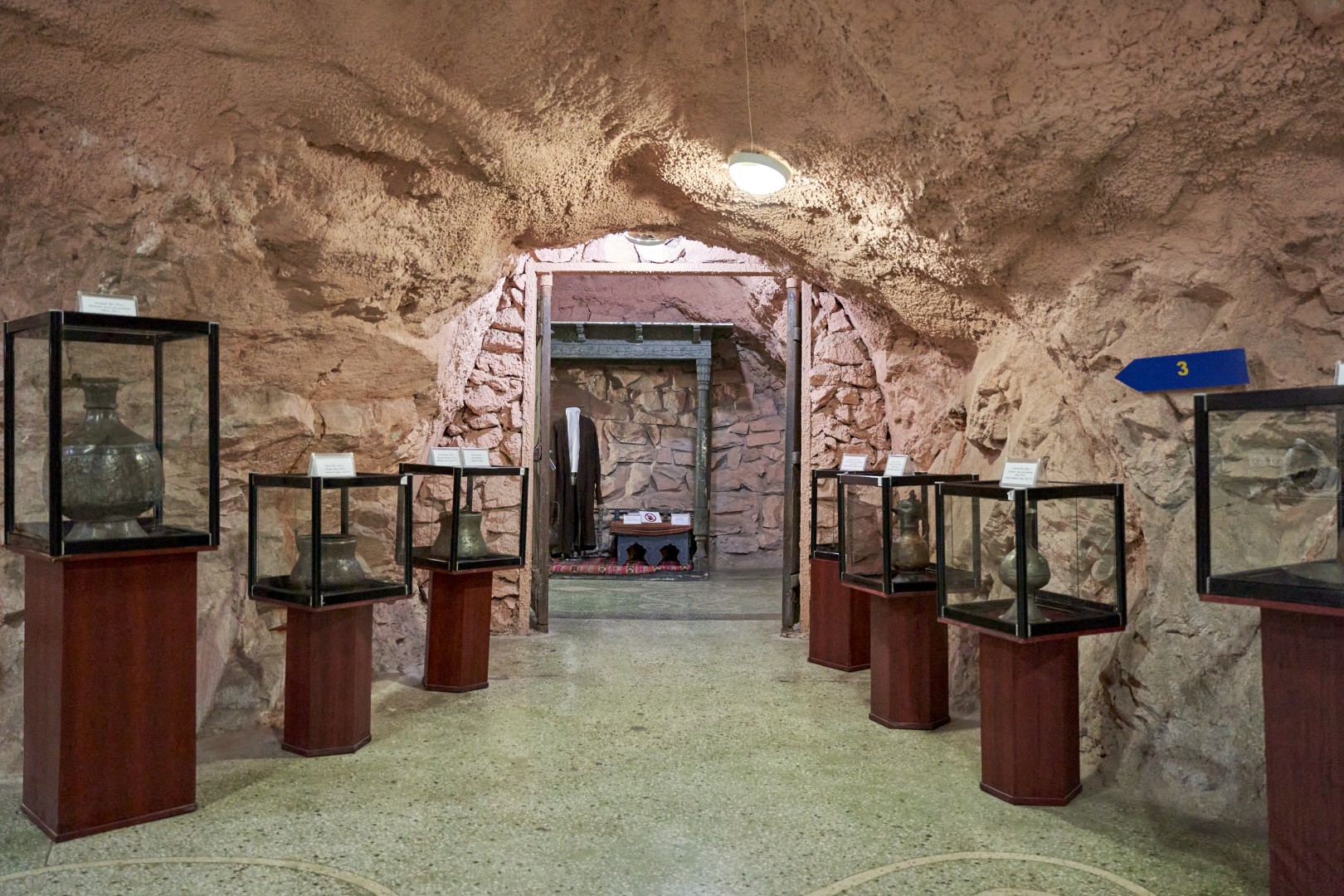
Museum in Rushan Cave
On a hot July day in 1978, the new Historical and Local History Museum of Osh, housed within a winding complex of 13 caves and with an exhibition area of 752 square metres, was opened on Suleiman Mountain!
